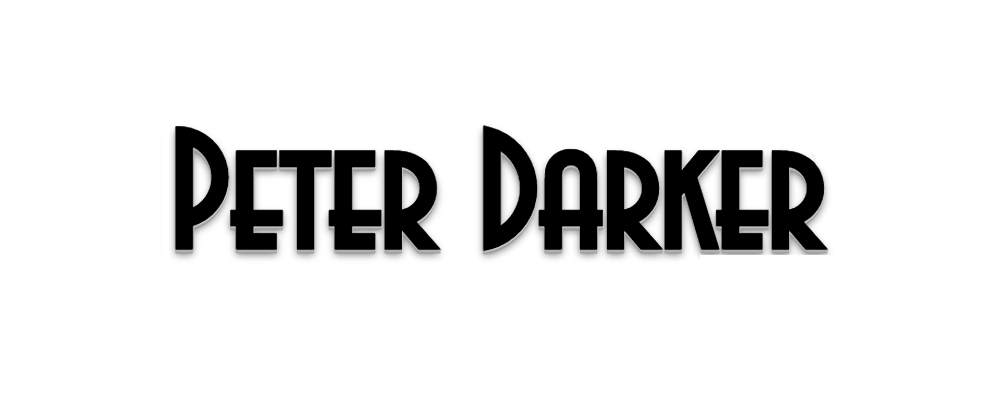Is Your Small Business Website Protected from Hackers?
If you’re not sure about the answer to this question, you’re not the only one. When it comes to small business priorities, website security tends to get pushed down to the bottom of the list. Unfortunately, if you’re the owner of a small business, this could be a serious mistake — it could even be a fatal one. So, if you’re not sure about your website security, consider these steps.
While you’re at it, also check out other informative posts like this from Peter Darker.
Fully Understand CMS Risks and Security
You have used a CMS, or content management service, like WordPress to set up your small business website. This is fairly common, but are you aware of the security risks and necessary precautions associated with your CMS? Although WordPress is a user-friendly and effective platform, its popularity also means it’s a common target for hackers.
If you want to avoid falling victim to these criminals, you need to take the following steps:
● Protect your account with solid passwords, two-factor authentication, and plugins.
● Install a security plugin for WordPress sites that routinely scans for malware.
● Be sure to enable SSL for your website so that users can access it securely.
When in Doubt About Security, Hire a Pro
Do the recommended precautions above sound too complicated? Then you may want to look into hiring tech professionals like the Peter Darker team who can help you create and maintain a secure website. Their team’s unmatched caliber of service is clear from their raving client testimonials. Get in touch to learn more about how our work can boost your business!
Now, if you think that budgeting for security help isn’t practical, you may want to consider the potential costs of a website breach. The Ponemon Institute’s most recent report put the average price tag for a breach at around $3.86 million. Costs for your small business may be lower but know that having your website hacked could very well cost you your business.
Stay Up to Date on Current Security Risks
It’s highly likely that the COVID-19 pandemic has affected your small business, but did you know that cybersecurity for businesses has also been impacted? More people online doing business and learning means more opportunities for criminals. Even major corporations and organizations have not been immune. Giants like Marriot, Twitter, and yes, even Zoom, have all experienced data breaches over the last year. All of which is to say that if industry titans and tech companies are vulnerable, so is your small business.
One option worth considering for small business owners who want to stay security savvy is to take classes in information technology. Online bachelor’s and master’s programs from institutions like WGU allow you to get an IT education on your own schedule on topics like current security risks, cybersecurity best practices, and more. Furthering your education is an investment in both your personal and your business’s development, and you’ll ensure you always have at least one IT expert on staff to help protect against data breaches.
Work on Employee Training and Appreciation
Do your employees seem more stressed lately? If so, Security Magazine wants you to know that they may also unknowingly be putting your website and business security at a higher risk. It’s estimated that a little less than half of all data breaches are the result of stressed staff.
When your employees are feeling stressed and aren’t properly trained, it can be all too easy for them to make a simple mistake. Even the smallest misstep with a website password or other sensitive information could lead to major consequences for small businesses. So, check with your employees, especially during stressful times, and invest in quality security training.
Having a user-friendly, engaging website is essential if you want to attract customers. If, however, you want to keep those customers and keep your small business from becoming the victim of a costly attack, your website also needs to be secure. Don’t let the security of your website or any other cybersecurity issues fall to the wayside. Make them a top priority instead.

